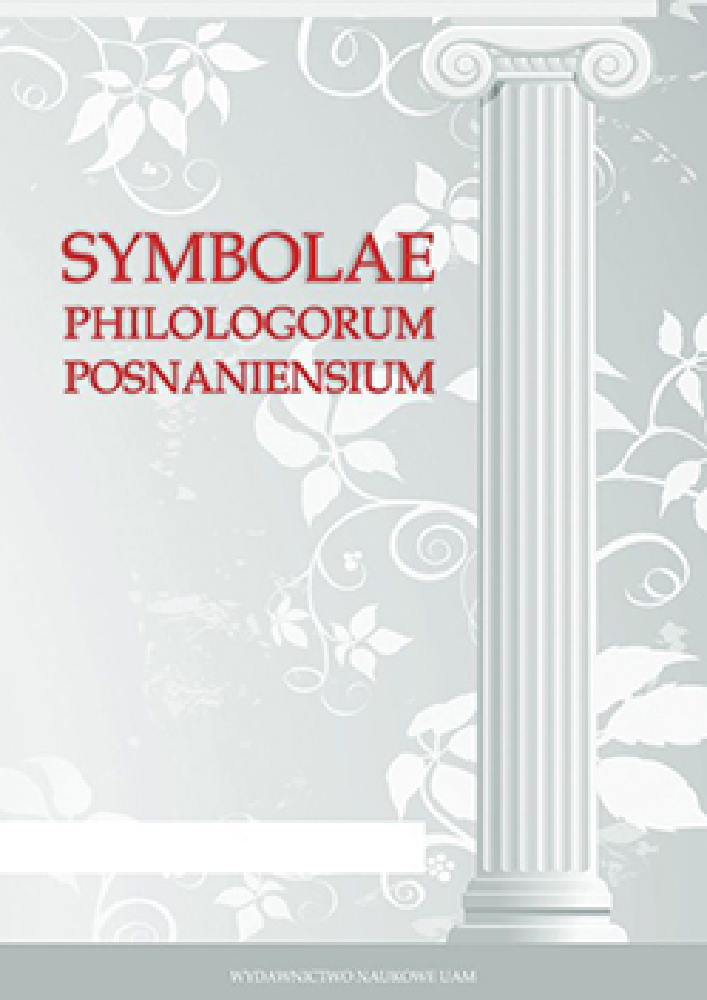Vol. 32 No. 2 (2022)
Published 2022 December 28
COMMENTATIONES
5-19
21-42
43-65
67-75
77-86
87-104
105-142
143-162
